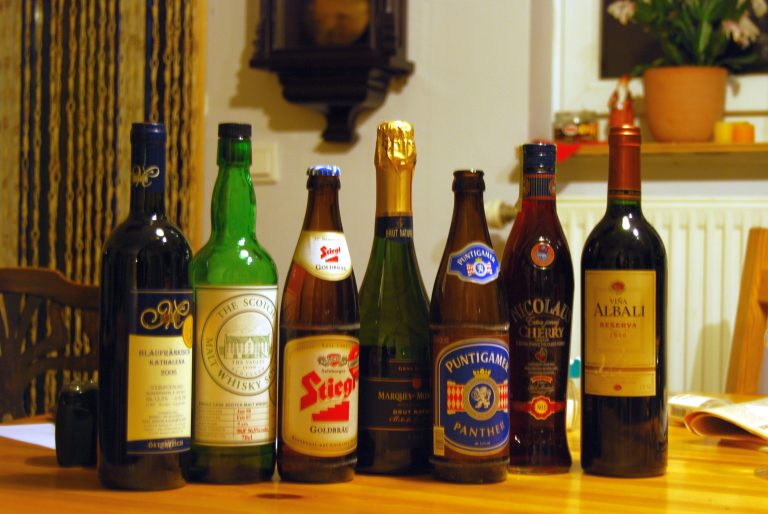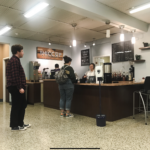What you are about to read may be a sensitive or controversial topic for many people. However, this is a subject that needs to be shared. Sexual assault and harassment are relevant topics in today’s “rape culture” and should be discussed as an honest problem in the world today.
I am a senior this year and I feel that communication on this subject is often avoided, leading to students having a lack of knowledge on the severity and the cause of the issue. I have repeatedly heard the statement that alcohol leads to sexual assault and that students are safer here due to Asbury’s ban on alcohol. While I agree that there is a correlation between alcohol consumption and sexual assault, I am here to dispute the idea that alcohol causes sexual assault. Rather, alcohol is often a tool used by the person who commits the crime.
According to the American Association of University Women’s Educational Foundation, 62% of female college students and 61% of male students report having been the victim of some form of sexual harassment, including sexual assault. Alcohol.org reported that at least 50% of these student sexual harassment cases involve alcohol.
This means that 50% of sexual harassment cases on campuses do not involve alcohol at all.
As a student pursuing an actuarial mathematics degree, I understand the importance of numbers. I also recognize the issue of looking at a statistic and not considering the underlying meaning of the number.
Alcohol might be used by perpetrators to help coerce a man or woman, but alcohol does not cause the behavior. The only one to blame is the offender.
I am not writing in an attempt to encourage the use of alcohol. I am writing because I am an advocate of diminishing the societal norm of blaming anyone or anything but the guilty party in sexual harassment and assault cases. Alcohol is used as an excuse to try to weaken the responsibility of the person who participated in the behavior.
Sexual harassment and assault can occur anywhere, including campuses that do not allow alcohol consumption. It is not unreasonable to feel safer by abstaining from alcohol, as this does allow more awareness of one’s surroundings and situation. However, please do not think that just because alcohol is not consumed that sexual harassment or assault cannot occur. Alcohol does not help solve the problem, but it should no longer be labeled as the problem itself. The offenders themselves are the true reason these acts occur.




